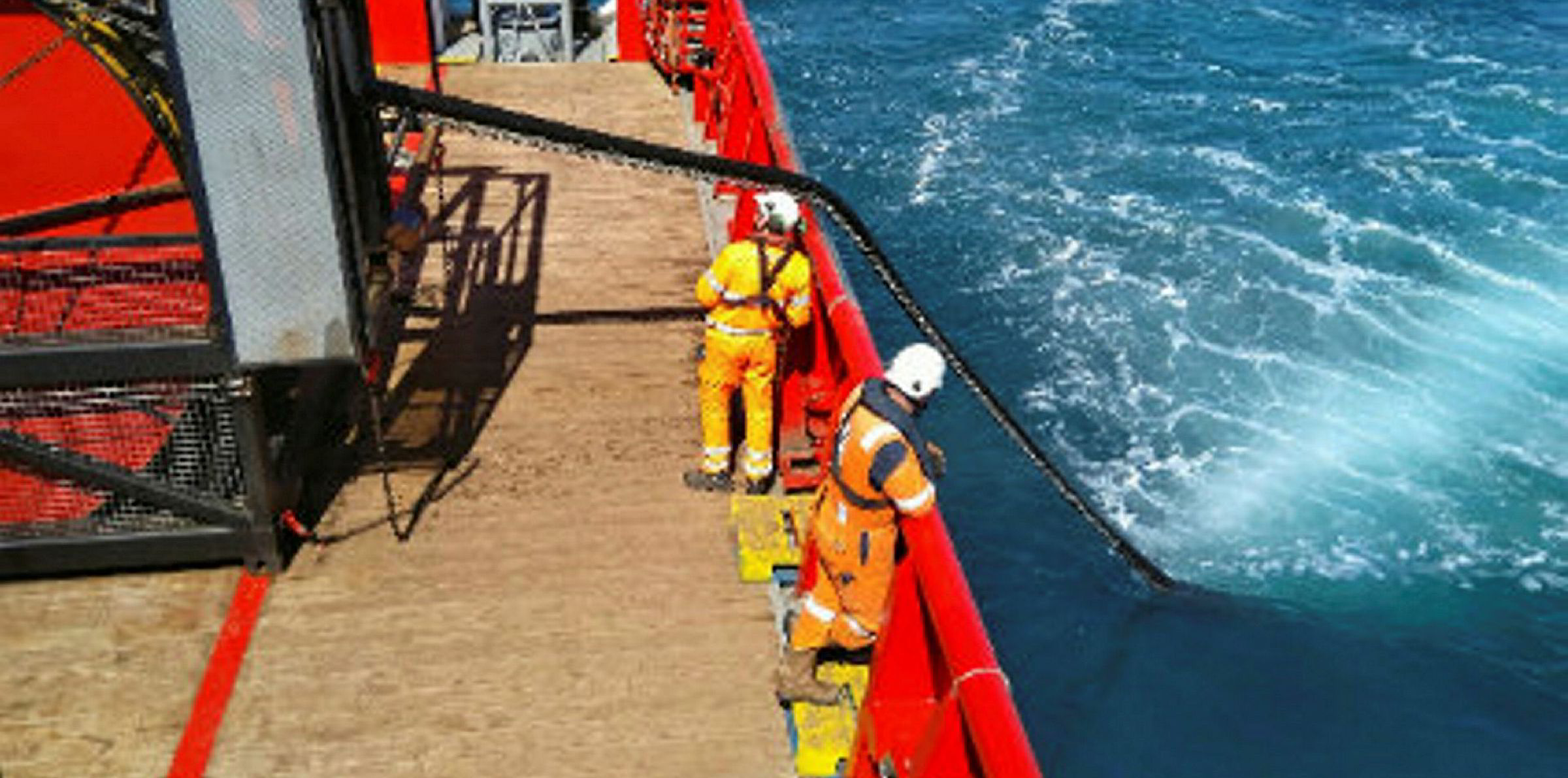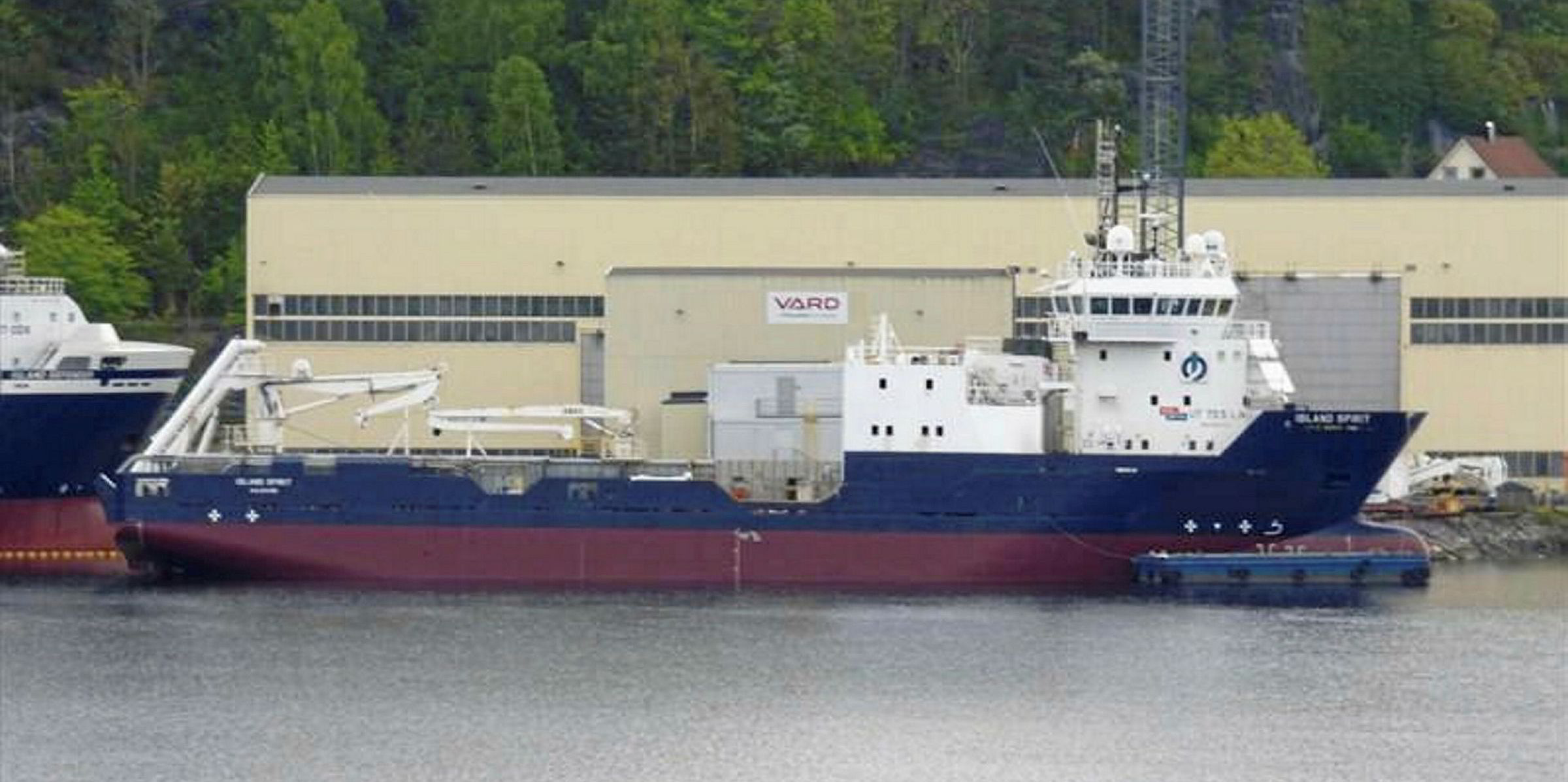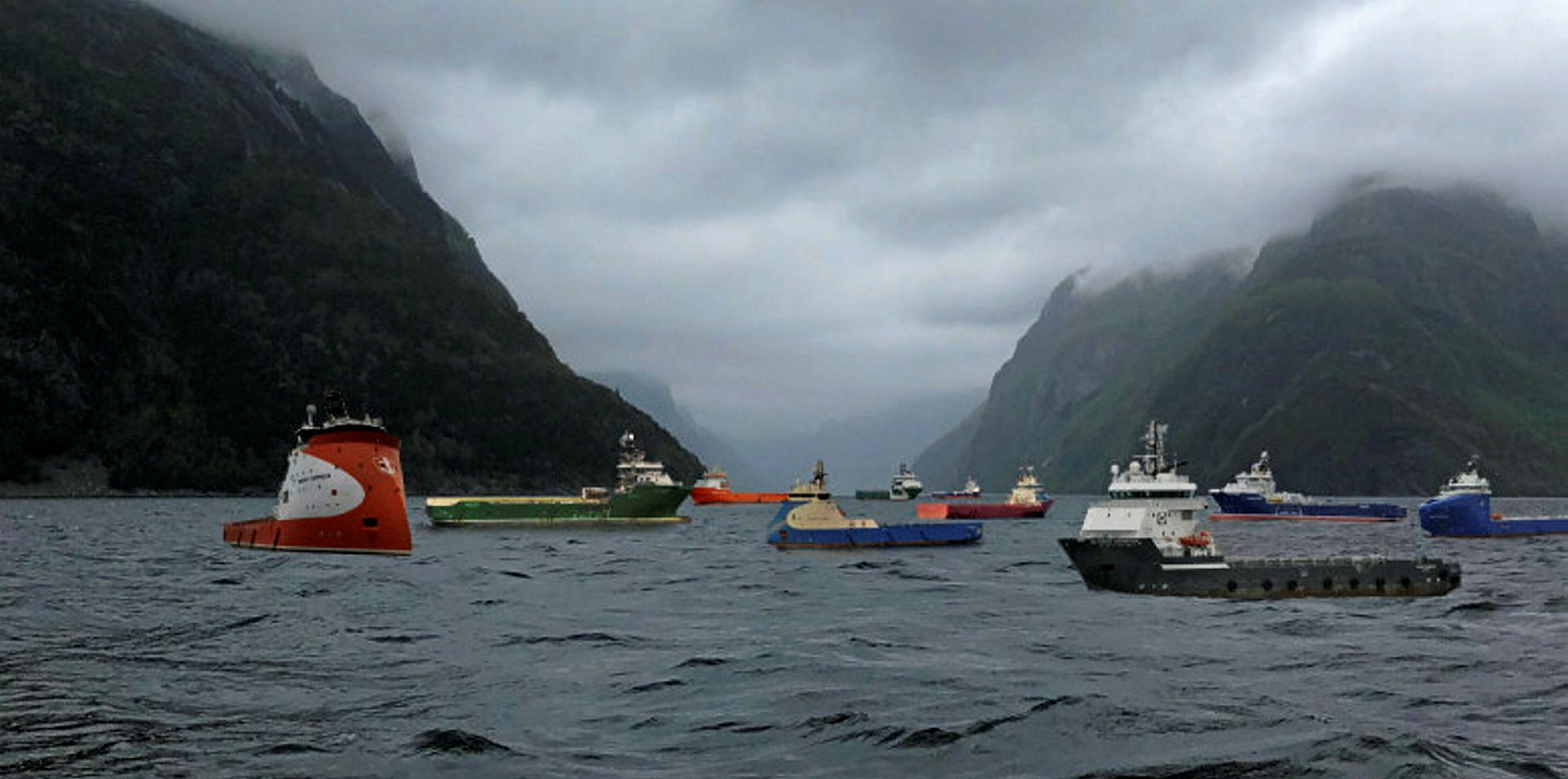Dutch shipowner Vroon has revealed a novel use for a platform supply vessel outside the North Sea oil and gas market.
Its 4,100-dwt VOS Paradise (built 2015) has spent the past few weeks on charter to Weyres Offshore in Germany, dampening noise from the detonation of unexplored World War II bombs.
Weyres specialises in providing "bubble-curtain" services. This is a technique to mitigate underwater noise and is most commonly used during preparation and construction works on offshore wind farms.
This helps prevents harm to marine life.
A bubble-curtain-support vessel, equipped with air compressors on deck, can deploy a perforated hose on to the seabed to encircle the worksite.
Air is then pumped through the hose, with the resulting bubbles creating an underwater curtain that contains noise waves.
Smothering explosions
"During this particular project, unexploded ordnance, much of it dating from the Second World War, was to be detonated by contractor Boskalis in preparation for further construction on the site," Vroon said.
Boskalis’ lead vessel, the 6,689-hp anchor handling tug supply ship Kamara (built 2005), performed the detonations and the 660-hp standby safety ship Faxaborg (built 1967) acted as guard vessel.
The VOS Paradise successfully deployed and operated the bubble curtain during 23 explosions.
"This job was slightly out of the ordinary for our vessel and crew, who are more used to operating out of Aberdeen, supporting our clients in the oil and gas sector," Vroon said.
"This was an intensive job, well carried out by our captain and crew."
Vroon Offshore Services in Den Helder has previously supported noise-mitigation projects for clients in the renewables sector, but not with this vessel.





